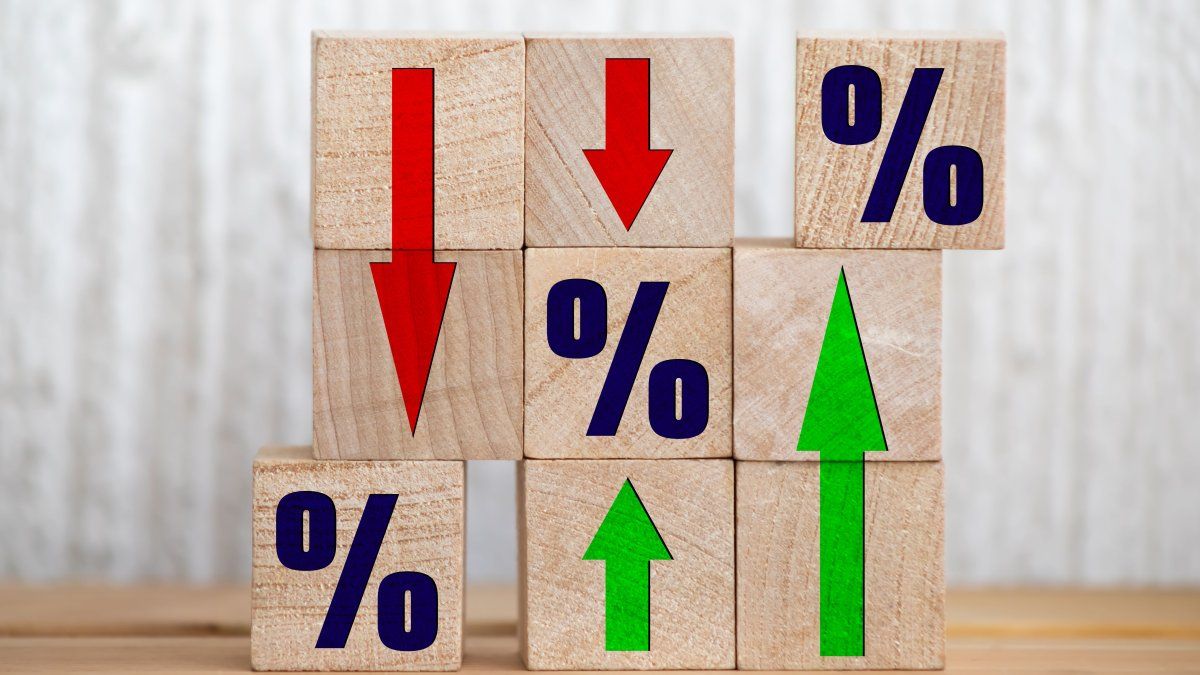For the first time in more than 30 years, a French president is without an absolute parliamentary majority. Macron needs a government partner – and parties on the left and extreme right insist on influence.
After the parliamentary elections in France without an absolute majority for President Emmanuel Macron, the country’s political system is facing a test.
In view of the severe loss of mandates, Macron must look for partners for a government majority with his center camp in the National Assembly. The parties on the left and extreme right, which have been significantly strengthened after the election result, will insist on more influence and will adopt a tough opposition course. The bourgeois-conservative Républicains could become a possible partner of the Macron camp, but that is far from certain.
For the first time in more than 30 years, the French President is without an absolute parliamentary majority and has to rely on the support of other camps with his government. Governing with coalitions across one’s own political camp and with compromises is less common in France than in Germany. For a possible coalition or cooperation, the presidential party must now approach possible partners in parliament.
Macron disappointed – growth for Le Pen
President Macron was “resolute to act and to move forward in the overriding interest of the French,” said the head of state’s environment, as the broadcaster BFMTV reported at night. The results were received in the Élysée Palace as “disappointing”, “but do not call into question the result of the presidential election, nor that the presidential camp is leading”. The question is how to proceed now. There is no recipe for this.
According to the provisional official final result, the Macron camp came to 245 of the 577 seats. The new left-wing alliance, led by left-wing politician Jean-Luc Mélenchon, won 131 seats in parliament, making it the strongest opposition force. At least 289 seats were needed for an absolute majority.
The right-wing national Rassemblement National party saw strong growth, with its top candidate Marine Le Pen losing to Macron in the final round of the presidential election. She got 89 seats, a good eleven times as many as before, and is thus the third strongest party in parliament. The hitherto strongest opposition force in parliament and the traditional Republican People’s Party came together with allies to 74 seats, a heavy loss. Voter turnout hit a low of 46.23 percent.
Prime Minister: Create an effective majority
Prime Minister Élisabeth Borne now wants to try to find a possible coalition. “As the central force in the National Assembly, we have to take on a special responsibility. Starting tomorrow, we will work to build a majority that is capable of acting, »said Borne in Paris. “We have everything we need to be successful and we will make it together.” Borne had long been close to the Socialists and in 2017 joined the La République en Marche party, which was newly founded by the liberal Macron.
“Tonight we have a new situation,” Borne said about the loss of an absolute majority in the National Assembly. This situation is a risk for the country in view of the challenges at home and internationally. But you have to respect the result and act responsibly. “The French are calling on us to unite in the interests of the country.”
At the same time, the prime minister named the future government’s priorities. From the summer there should be strong and concrete measures to strengthen the purchasing power of the French. Striving for full employment and ecological change are top priorities, the school and health system must be improved. Other priorities are France’s sovereignty in the energy and food sectors. “I trust in our country,” said the prime minister.
Source: Stern
David William is a talented author who has made a name for himself in the world of writing. He is a professional author who writes on a wide range of topics, from general interest to opinion news. David is currently working as a writer at 24 hours worlds where he brings his unique perspective and in-depth research to his articles, making them both informative and engaging.




